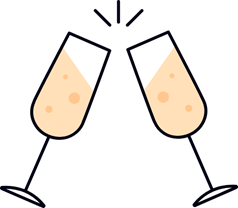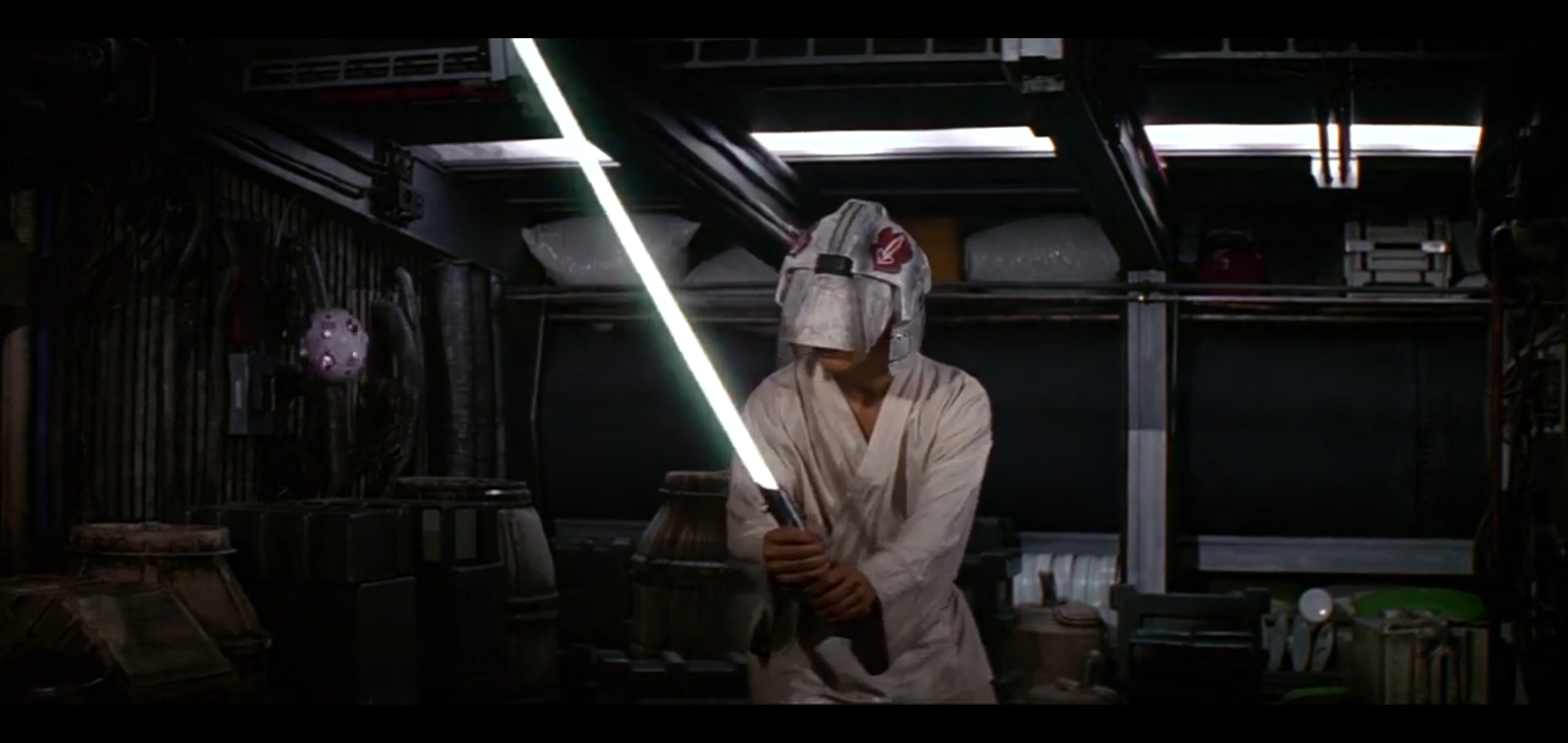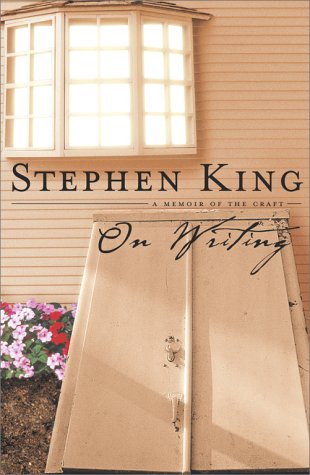2020 has profoundly affected almost everyone. As WFH and masks have become norms, what areas of your life have affected you? Here are some of mine.
Goodbye travel – Had to cancel two planned vacations this year, one overseas. Thankfully the airline fees were refunded. Looking forward to some travel in 2021 after a year in hibernation.
Goodbye gym – My gym membership lies mostly unused this year, and unlikely to be used in the near future (six months?) I may discontinue future subscription, condition to setting up better equipment and more consistent routines at home.
Goodbye MSM – My faith in MSM had been steadily dwindling over the years. This year I pulled the plug. I no longer read online news as first source of information. I prefer social media (read Twitter) as primary source. At least there’s no pretense of passing off opinions as facts.
Goodbye China – As a consumer, checking country of origin was something I rarely did earlier. Now I go out of the way to not buy anything significant that’s made in China. This is hard, sometimes impossible, and not worth it for low value goods. But I’m determined to send less money to a lying, deceitful totalitarian regime.
Goodbye TV –In the initial days of the pandemic, as I was still digesting the pattern of staying home for recreation, binge watching TV series became a major source of entertainment. Then read more books instead. Amazing number of hours are wasted watching useless stuff. Time is better utilized reading, writing, learning, pursuing something for your own growth. But be picky in what you read. There’s a lot of garbage published that’s not worth your time. Find an area of interest and read the best authors.
Words of advice for 2021 and beyond
- Save yourself from disinformation. Be vigilant of news media – take every piece of information with generous grains of salt; validate and cross check facts with multiple sources before you form an opinion. Challenge the so called guardians of truth. You’ll be surprised at what lies beneath their facade
- Take risks – not blindly, but avoid being a scared deer.
- Remain invested – After the initial shock from the pandemic, markets have recovered with healthy returns for portfolios that remained invested. Have a long term view. To quote Peter Lynch in context of an earlier era –
“I’m fully invested—before and after this extraordinary rebound. I’m always fully invested. It’s a great feeling to be caught with your pants up.”
- Be positive. And cautious. The virus is here to stay. But eventually it will be no more dangerous than the flu. The time-span could be a year, perhaps two. In the meantime we’ll ratchet back our existence to normal levels, hopefully with alertness, wisdom and good spirit. Here’s to 2021!





 I’ve never read a Stephen King story, having little interest in the genre that he typically caters to. But I must say that this book has some excellent tips and inspiration for anyone interested in writing. And why just that? It’s a good read in itself – part memoir and part instructional, it manages to draw attention and hold it throughout its moderate length through a direct, hard hitting, no nonsense stance.
I’ve never read a Stephen King story, having little interest in the genre that he typically caters to. But I must say that this book has some excellent tips and inspiration for anyone interested in writing. And why just that? It’s a good read in itself – part memoir and part instructional, it manages to draw attention and hold it throughout its moderate length through a direct, hard hitting, no nonsense stance.